Animal Crossing: Each Game Ranked By Metacritic Score | Game Rant
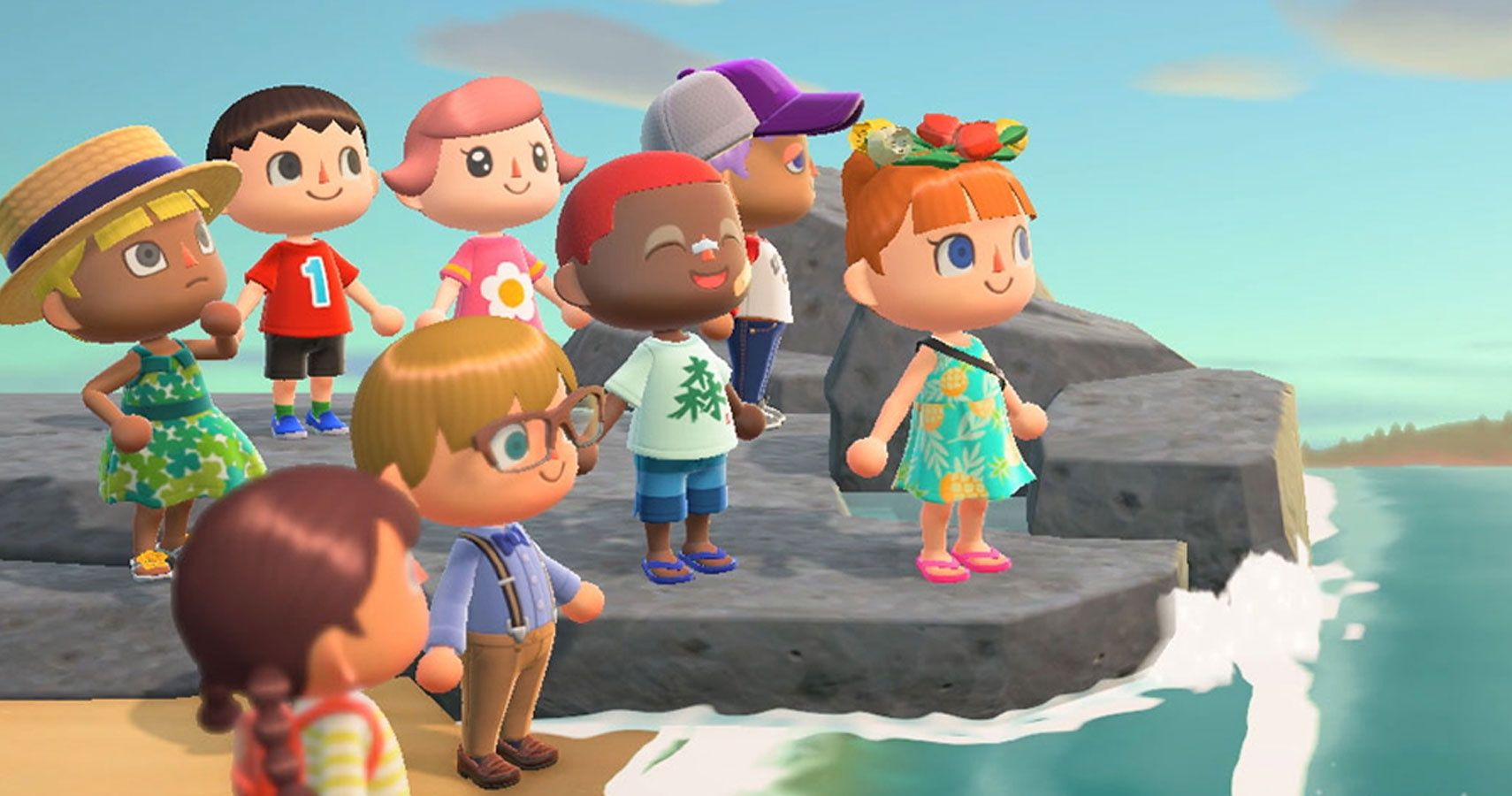
Since the series debuted in the United States way back in 2001, Animal Crossing has been a big part of gaming culture. Across five mainline games and three spin-offs, casual and hardcore gamers alike have been able to hang out with their animal pals, pay off mortgages, and hunt for fish and bugs to their fill.
But all games are not created equal, and the critical receptions for the series can range from pretty dismal to stellar. See how the spin-offs and the core entries stack up against each other as we rank each Animal Crossing game by their Metacritic score!
8 Amiibo Festival - 46
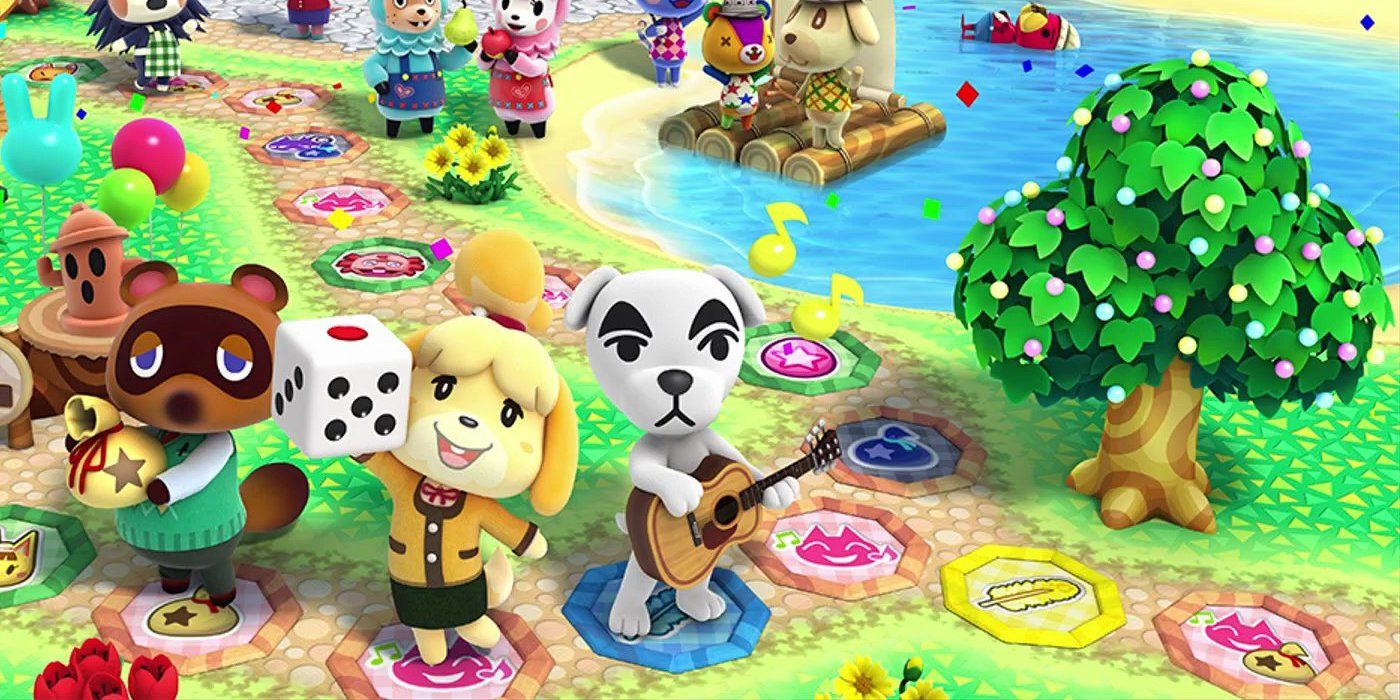
It's no surprise that Amiibo Festival is at the bottom of the list. While a Mario Party inspired board game with Animal Crossing flavor is a pretty solid idea on paper, the game mechanics were all a little too half-baked to stand on their own. Not to mention the game also relied on Amiibo functionality, which was clunkily implemented.
Amiibo Festival also committed the cardinal sin of being the only Animal Crossing game on the Wii U; if it had been attached to a mainline game on the system, perhaps it would've been a less disappointing experience.
7 Animal Crossing: Happy Home Designer - 66
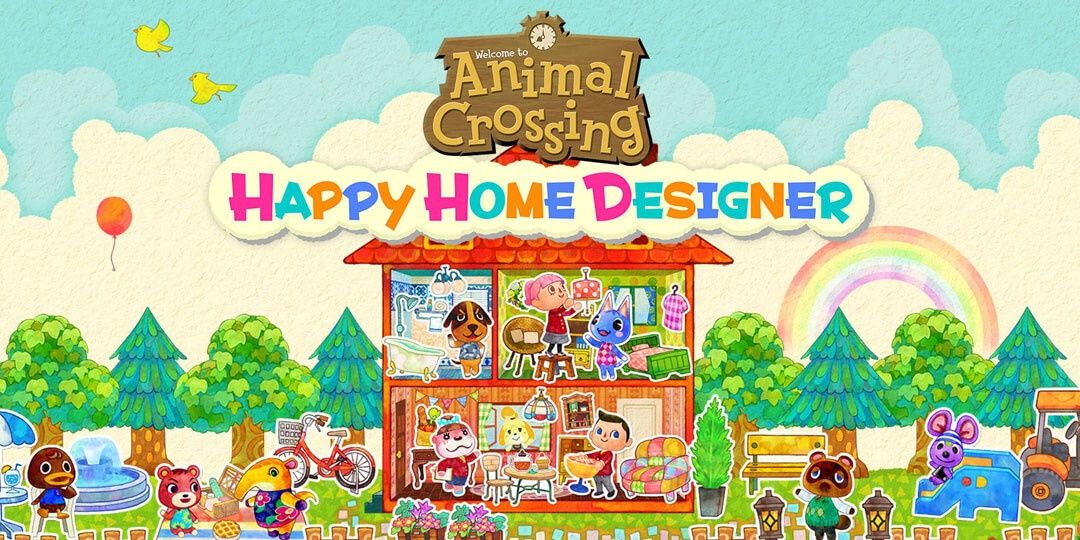
Happy Home Designer, a 3DS spin-off, challenged players to create the best possible interior designs they could muster. In a riff on the decoration mechanic present in every mainline game, players were given guidelines to meet for how specific clients wanted their homes to look.
However, the game never really captured the intimacy of Animal Crossing games, in that you weren't necessarily building up meaningful relationships in a town you lived in. Rather, you were just completing jobs. For people invested in design, it was fun; for others, it failed to capture the magic of the series.
6 Animal Crossing: Pocket Camp - 72

Pocket Camp wasn't the series' first entry on handhelds, but it was the first to appear on mobile phones. While seemingly a decent-enough pared-down version of a mainline game, Pocket Camp falters when it comes to user experience. Sure, you can build new furniture, fish, and talk to your villagers, but it all feels very mercenary, as opposed to organic.
The game also had microtransactions built-in, which made the in-game economy more predatory than past games have ever been. Still, though, there was something positive to be said about being able to take the Animal Crossing experience with you on your phone.
5 Animal Crossing: City Folk - 73

City Folk wasn't a bad game by any stretch, but its main flaw was that it failed to innovate on the formula that made the past two games a success. Your starting motive in the game was to do delivery runs for Nook's Cranny, which was an inventive way for you to see the town and get to know everyone, but the rest of the game just felt so same-y.
Since the Wii also supported GameCube discs, it even put the game in direct competition with the past console entry. City Folk was fighting an uphill battle against the game that started the series and its handheld version and unfortunately lost.
4 Animal Crossing: Wild World - 86
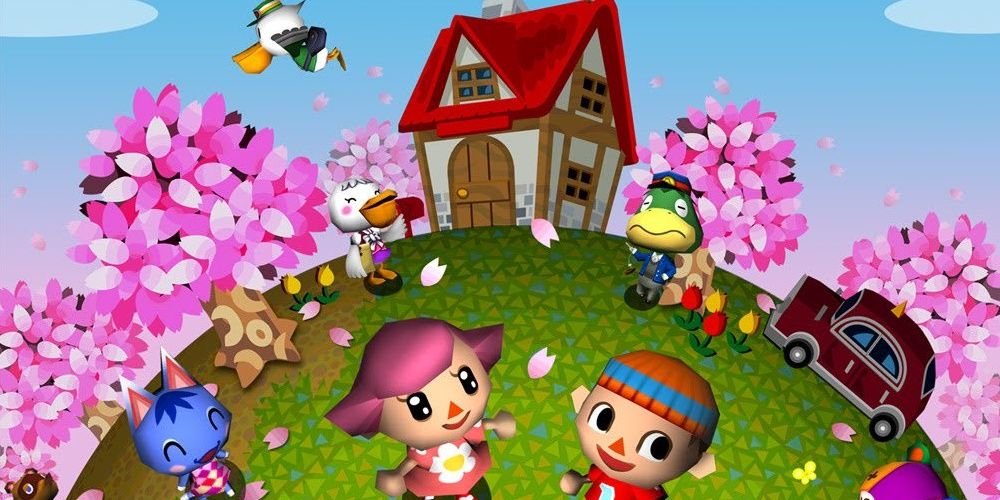
While Wild World might not have changed too much of the formula that made the original entry such a hit, it added two things that elevated this particular game: online support and touch controls. Even with New Horizons, menu and inventory management can be a bit tricky while playing docked, so the introduction of stylus support was a big get.
The ability to play with friends in each others' towns was also a big innovation. Animal Crossing has always been about community, and the ability to bring your real-life friends in on the fun only enhanced that feeling.
3 Animal Crossing - 87
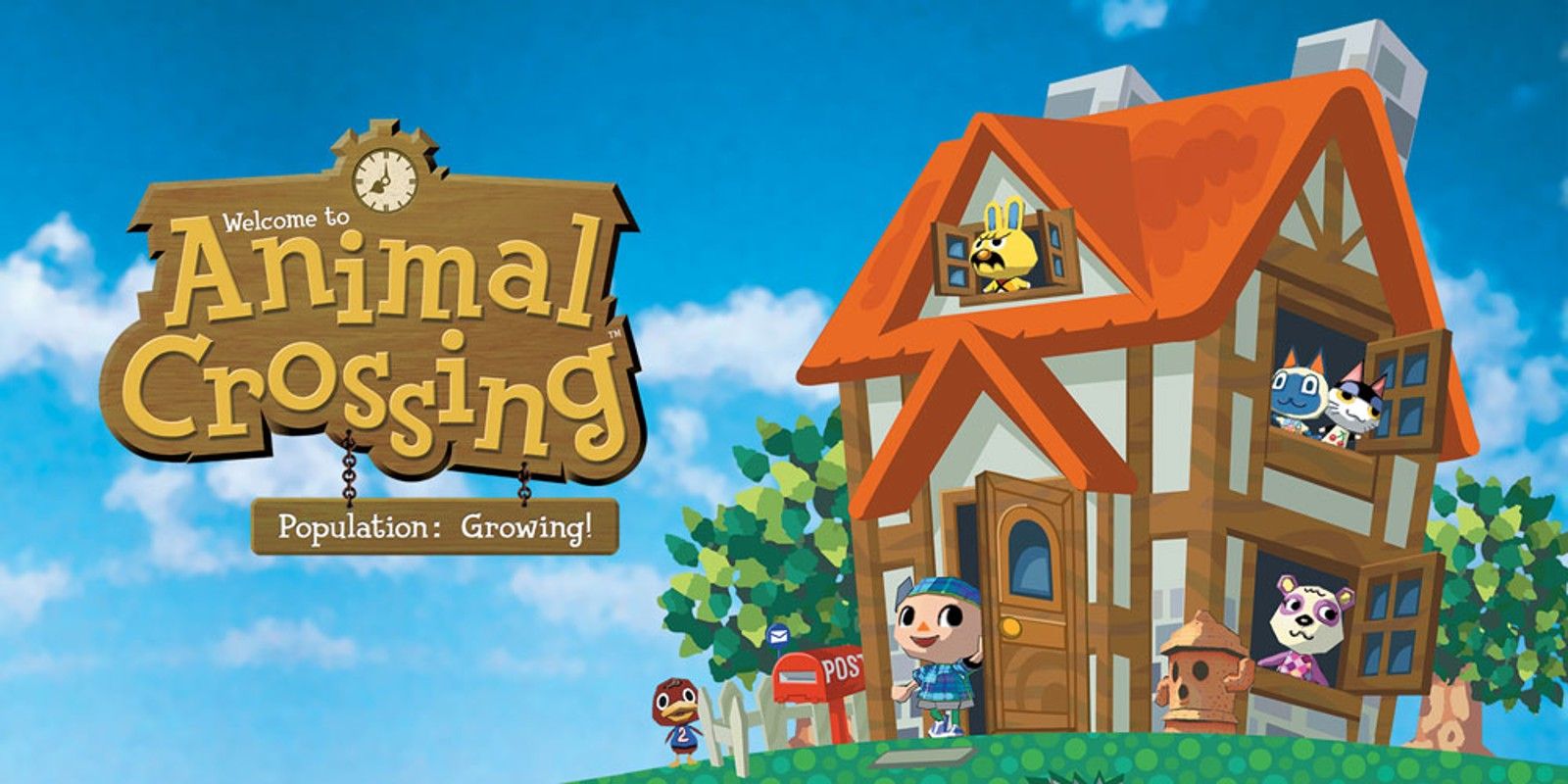
The game that started it all! The original Animal Crossing was a grand experiment from Nintendo on whether or not they could create a game more about the atmosphere than the gameplay. While it wasn't without its depth for more involved players, the original game invited people to come buy a house and hang out with a bunch of wacky characters.
While things have certainly changed over the years, the original mechanics and ideas from the first game are still present in just about every other entry. You fish, you catch, you send gifts to your friends. Perhaps the only thing holding this one back was the introduction of Mr. Resetti.
2 Animal Crossing: New Leaf - 88

New Leaf took advantage of its time to great success; the 3DS had a massive install base, and the advent of social media and improved online functionality shot this game into the cultural stratosphere like the games before it hadn't quite figured out. Players all over the world were able to share their towns and gifts with each other, and the game benefitted for it.
Gameplay-wise, New Leaf made the player their town's mayor, which added clearer goals and objectives. For folks who might have trouble making their own fun, New Leaf stretched out a guiding hand and helped them out.
1 Animal Crossing: New Horizons - 91
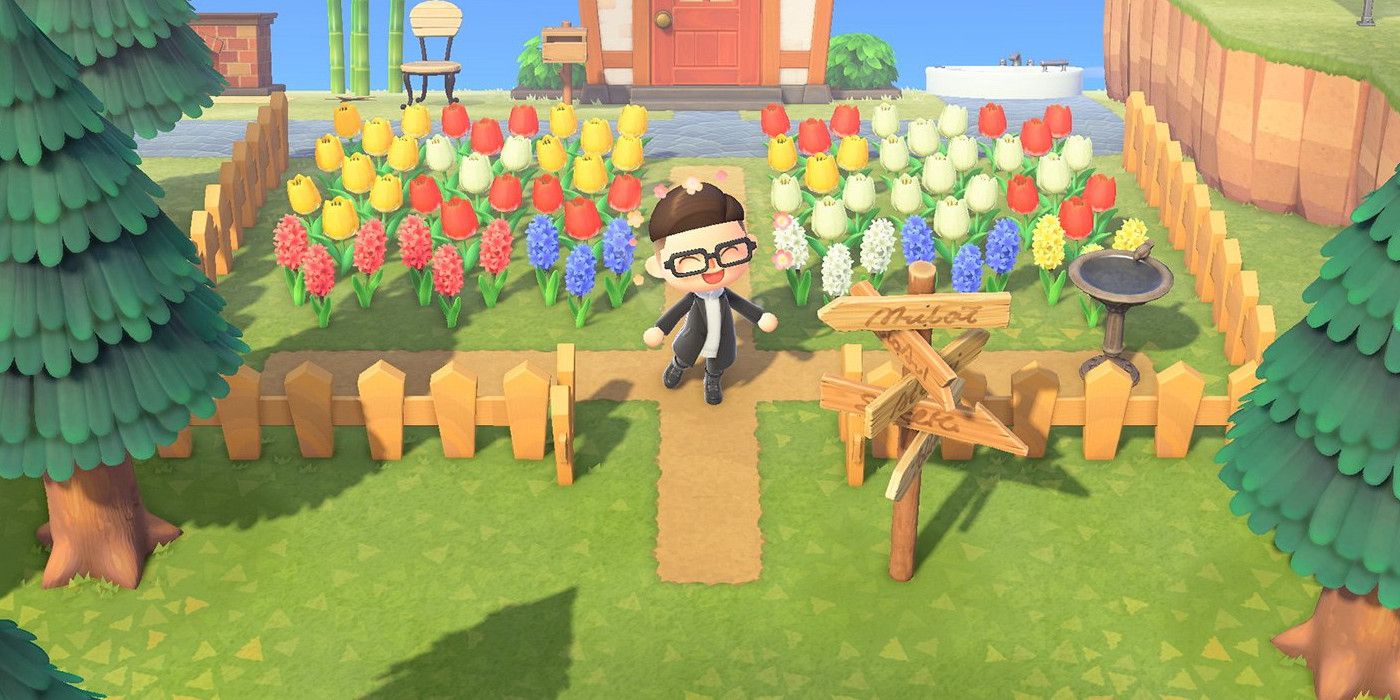
New Horizons takes everything from past entries and improves on them. It's easier than ever to visit your friends, and the crafting elements in the game give you more control over the things you can make for your island. Decorating your home is super easy and intuitive, and the Nook Phone makes keeping track of everything much easier.
It still remains to be seen where the game will go over the next few years, but Nintendo seems devoted to keeping this alive and well. Live events and in-game rewards should keep players coming back for more, and as long as Blathers doesn't get too close to any bugs, it should be smooth sailing from here on out.

Post a Comment